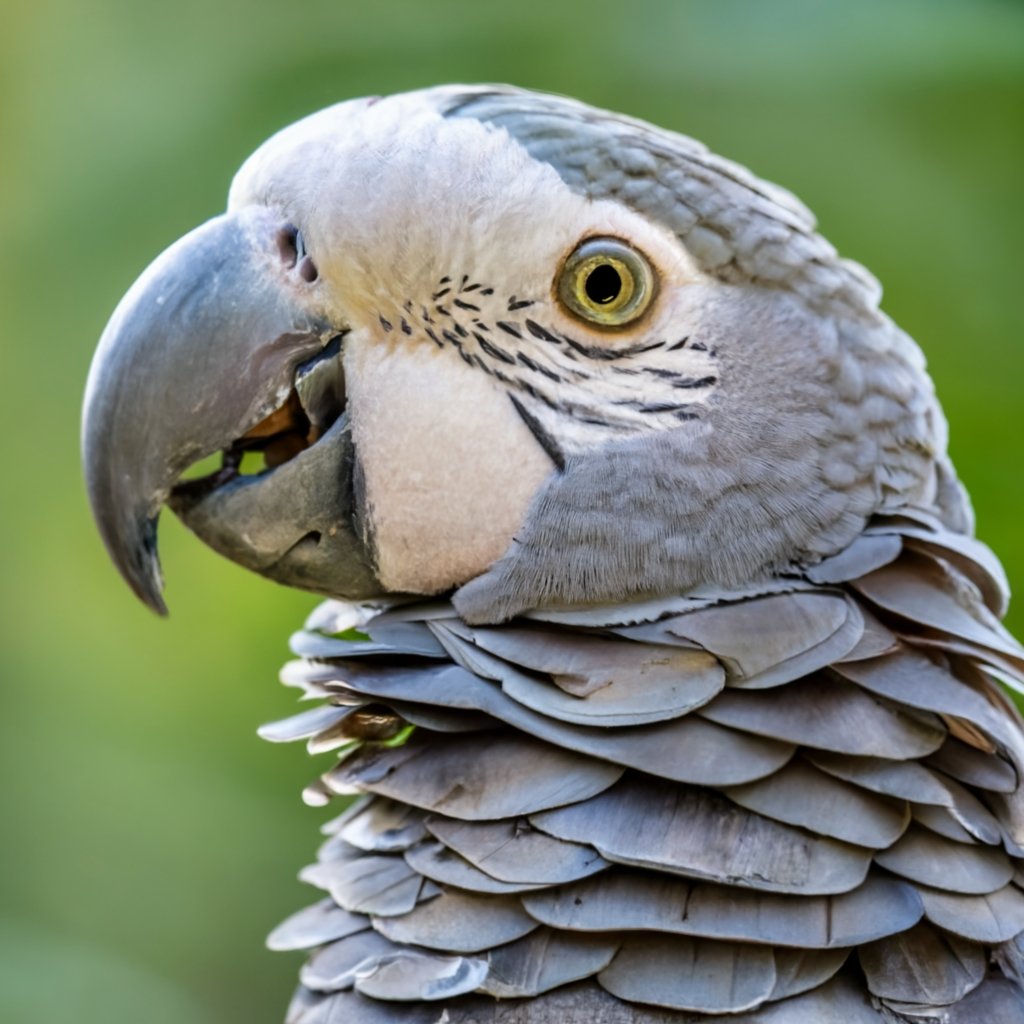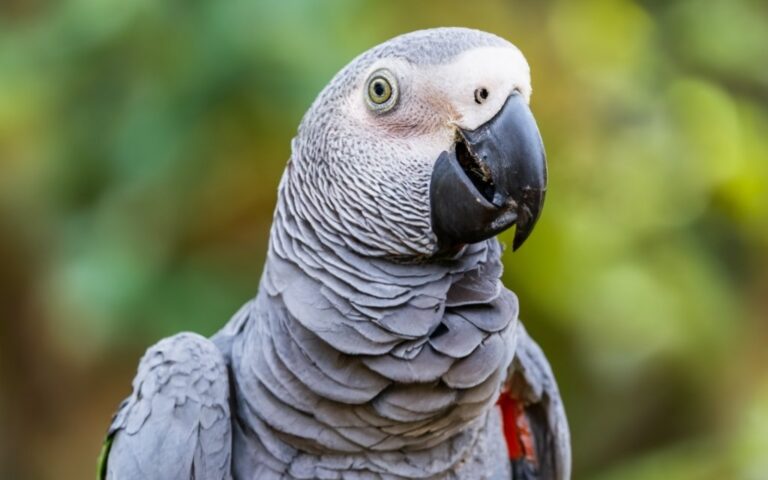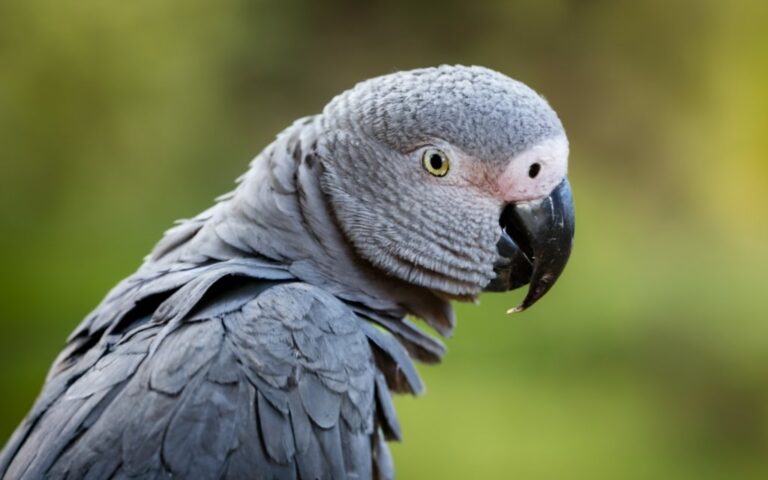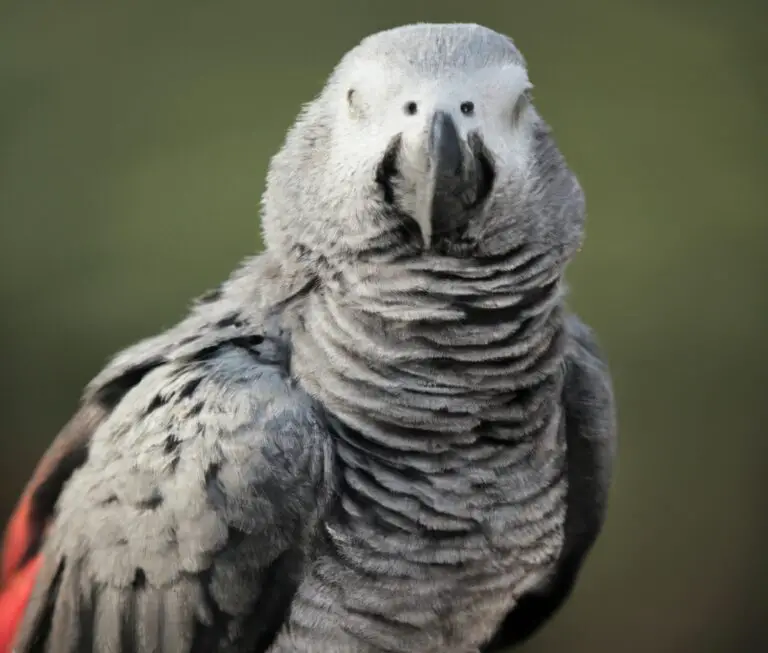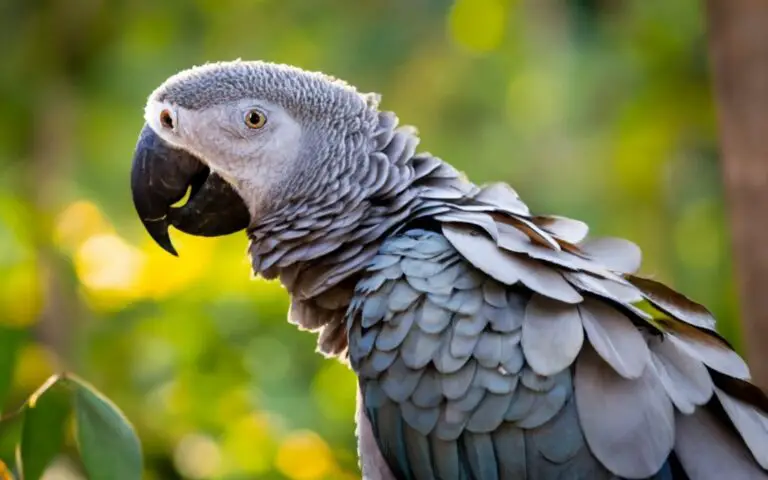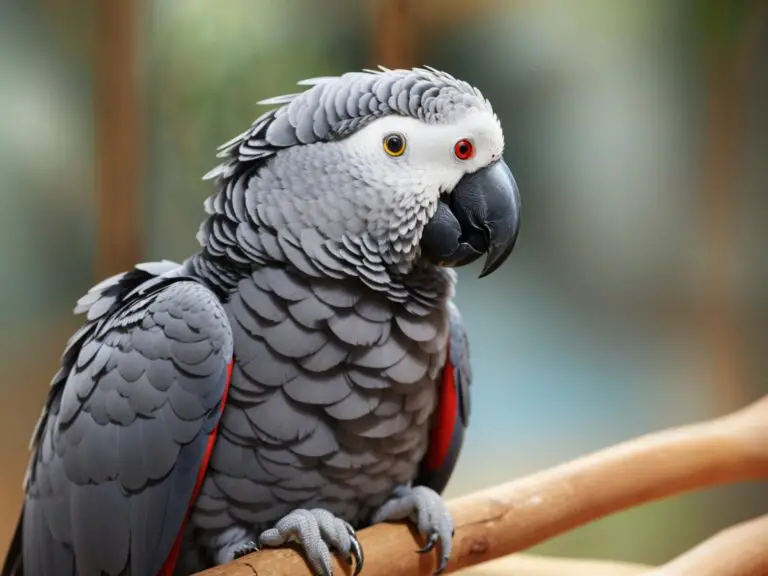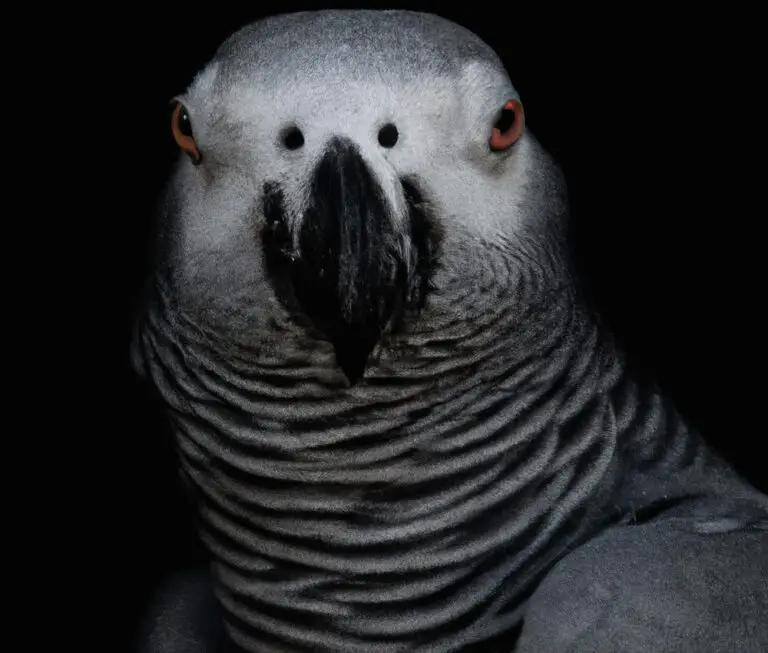How Long Can African Grey Parrots Go Without Food?
Key Takeaways:
- African grey parrots can survive for up to three days without food.
- Going without food for prolonged periods can have serious health implications for African grey parrots.
- Regular feeding and a balanced diet are crucial for the well-being of African grey parrots.
- Consulting a veterinarian is important if you notice any changes in your African grey parrot’s eating habits.
Have you ever wondered how long African Grey parrots can go without food? These charming and intelligent birds require a balanced diet to thrive, just like any other living creature.
But what exactly does a balanced diet mean for these feathered friends?
And what happens if they don’t get enough to eat? In this article, we’ll dive into the nutritional needs of African Grey parrots and explore how long they can typically go without food.
Plus, we’ll share tips for ensuring your parrot’s diet meets their needs.
So, let’s feed our curious minds and help our feathered friends flourish!
Understanding the nutritional needs of African Grey parrots
African Grey parrots have specific nutritional needs that are important for their overall health and well-being.
The importance of a balanced diet for African Grey parrots
A balanced diet is essential for African Grey parrots’ health and wellbeing.
It provides the necessary nutrients for their growth, energy, and disease prevention.
A well-rounded diet keeps their feathers vibrant, supports their immune system, and helps maintain a healthy weight.
Offering a variety of fruits, vegetables, pellets, grains, and proteins ensures they receive all the necessary vitamins, minerals, and protein they need.
Providing a balanced diet is key to promoting longevity and overall health for African Grey parrots.
Required nutrients for African Grey parrots’ health and wellbeing
African Grey parrots require a balanced diet to maintain their health and wellbeing. Key nutrients include:
- Pellets or formulated diets: These provide a foundation of essential vitamins, minerals, and amino acids.
- Fresh fruits and vegetables: These provide additional nutrients, fiber, and hydration.
- Seeds and nuts: These are high in fat and should be given sparingly as a treat.
- Protein: Offer lean sources such as cooked eggs, fish, or lean meats.
- Calcium: Important for strong bones, so provide cuttlebones or mineral blocks.
How long can African Grey parrots typically go without food?
African Grey parrots can typically go without food for about 24 to 48 hours before it becomes a serious concern.
The natural feeding habits of African Grey parrots in the wild
African Grey parrots primarily feed on a variety of fruits, seeds, nuts, and vegetation in the wild.
They have strong beaks for cracking open nuts and seeds.
These parrots are also known to eat clay to aid in digestion.
In their natural habitat, they forage for food and may supplement their diet with insects and small invertebrates.
Factors affecting the length of time African Grey parrots can go without food
Several factors can affect the length of time African Grey parrots can go without food.
These include the bird’s overall health, age, and metabolism.
Additionally, stress levels and environmental conditions can play a role.
It is essential to provide a balanced diet and meet their nutritional needs to ensure they can go longer without food.
Signs of hunger or malnutrition in African Grey parrots
Signs of hunger or malnutrition in African Grey parrots can include weight loss, reduced energy levels, fluffed feathers, and a dull or unkempt appearance.
They may also exhibit changes in behavior, such as increased aggression or decreased vocalization.
It’s important to monitor your parrot’s eating habits and seek veterinary care if you notice any of these signs.
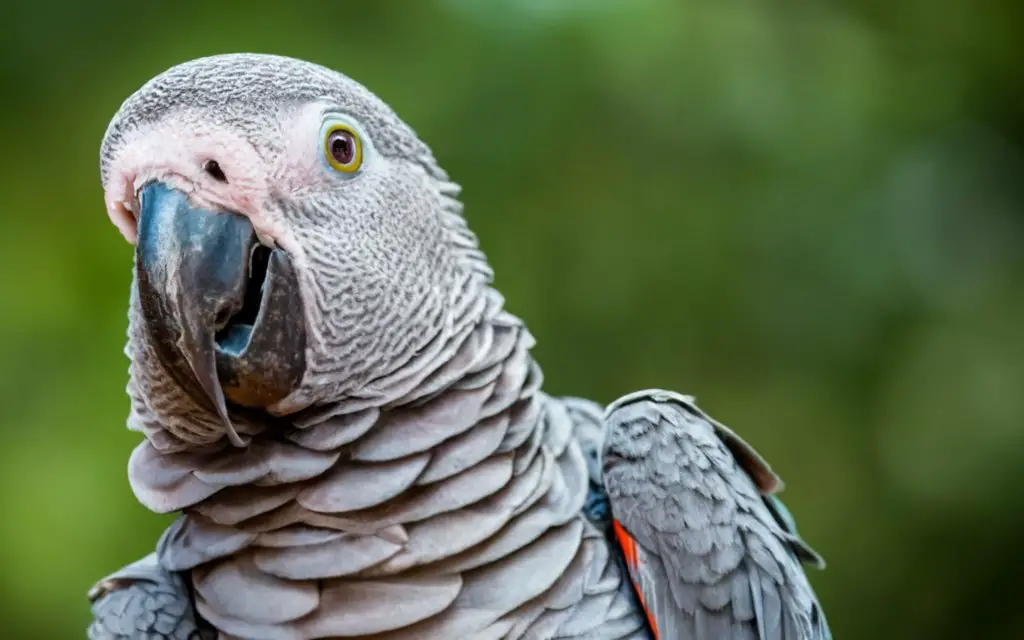
Tips for ensuring your African Grey parrot’s nutritional needs are met
Make sure to design a healthy and varied diet for your African Grey parrot and provide recommended foods, fresh water, and avoid harmful foods to meet their nutritional needs.
The importance of fresh water for African Grey parrots
Fresh water is essential for African Grey parrots’ overall health and well-being. It helps with digestion, hydration, and regulation of body temperature.
Make sure to provide clean, fresh water daily in a suitable water dispenser to keep your parrot healthy and happy.
Avoiding harmful foods for African Grey parrots
To ensure the health and wellbeing of your African Grey parrot, it’s important to avoid feeding them certain foods that can be harmful to their digestive system and overall health. Here are some foods to avoid:
- Avocado: Avocado contains a toxin called persin, which is toxic to birds and can cause serious health issues or even be fatal.
- Chocolate: Chocolate contains theobromine, which is toxic to parrots and can lead to symptoms such as vomiting, diarrhea, rapid breathing, and even seizures.
- Caffeine: Avoid giving your African Grey parrot any beverages or foods that contain caffeine, as it can be harmful to their nervous system.
- Alcohol: Just like in humans, alcohol is toxic to parrots and can have severe effects on their liver and other organs.
- Salty and fatty foods: High amounts of salt and fat can lead to health problems like obesity, heart issues, and organ damage in African Grey parrots. Avoid feeding them processed or greasy foods.
- Seeds from fruits such as apple, cherry, peach, and apricot: These seeds contain small amounts of cyanide, which can be toxic to parrots. Remove these seeds before offering fruits to your African Grey.
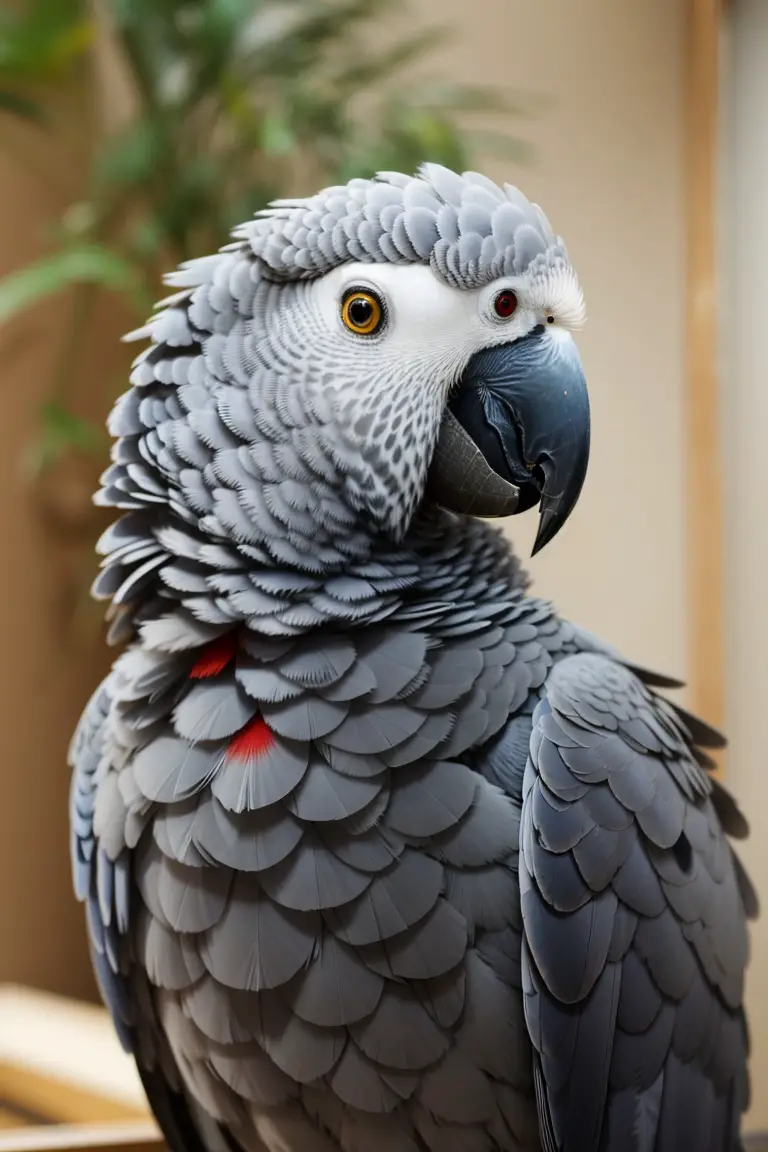
The risks of prolonged food deprivation for African Grey parrots
Prolonged food deprivation can pose serious risks to the health and well-being of African Grey parrots.
Potential health problems caused by lack of food in African Grey parrots
The lack of food in African Grey parrots can lead to a range of potential health problems.
Some of these include malnutrition, weakness, weight loss, organ damage, and a weakened immune system.
Without proper nutrition, their overall health and wellbeing can be seriously compromised.
It is crucial to ensure that they receive a balanced and varied diet to prevent these issues.
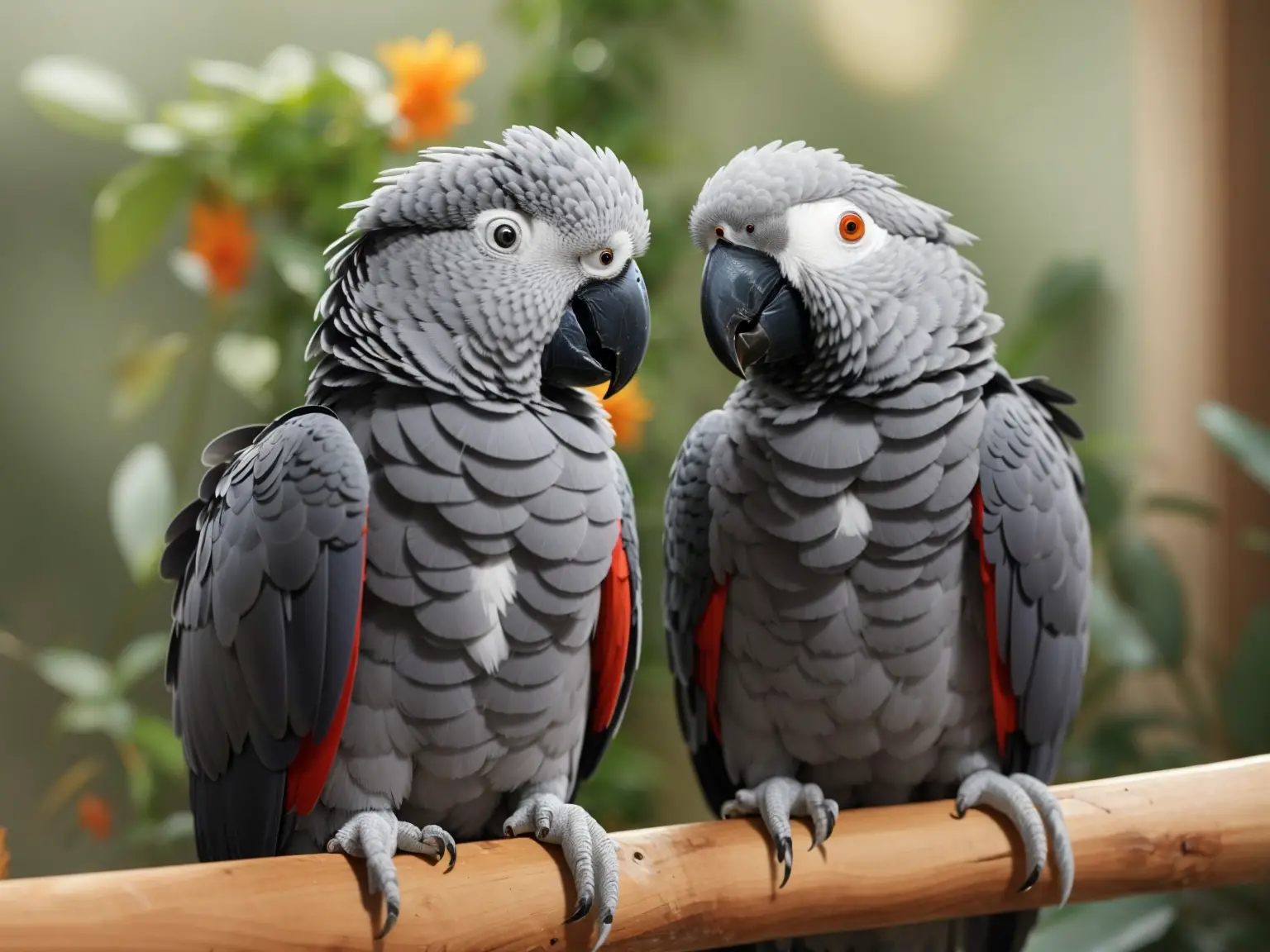
The impact of malnutrition on African Grey parrots’ behavior and mental health
Malnutrition can have a significant impact on the behavior and mental health of African Grey parrots.
It can lead to mood changes, aggression, and increased stress levels.
Additionally, malnourished parrots may exhibit self-destructive behaviors and have difficulty learning and problem-solving.
It is crucial to provide a balanced diet to ensure their overall well-being.
Seeking veterinary care for malnourished African Grey parrots
If you suspect that your African Grey parrot is malnourished, it is crucial to seek veterinary care as soon as possible.
A veterinarian experienced in avian health can assess your parrot’s condition, conduct tests, and provide appropriate treatment.
They may recommend dietary changes, supplements, or other interventions to address your parrot’s nutritional needs.
Remember, timely veterinary care is essential for your African Grey parrot’s health and wellbeing.
Frequently Asked Questions about feeding African Grey parrots
Can I leave my African Grey parrot alone for an extended period without food?
No, you cannot leave your African Grey parrot alone for an extended period without food.
These parrots have specific nutritional needs and require regular meals to maintain their health and well-being.
Leaving them without food for an extended period can lead to hunger, malnutrition, and potential health problems.
It’s essential to ensure that your parrot has access to a balanced diet and fresh water at all times.
If you need to be away for an extended period, it’s important to make arrangements for someone to care for your parrot’s feeding needs.
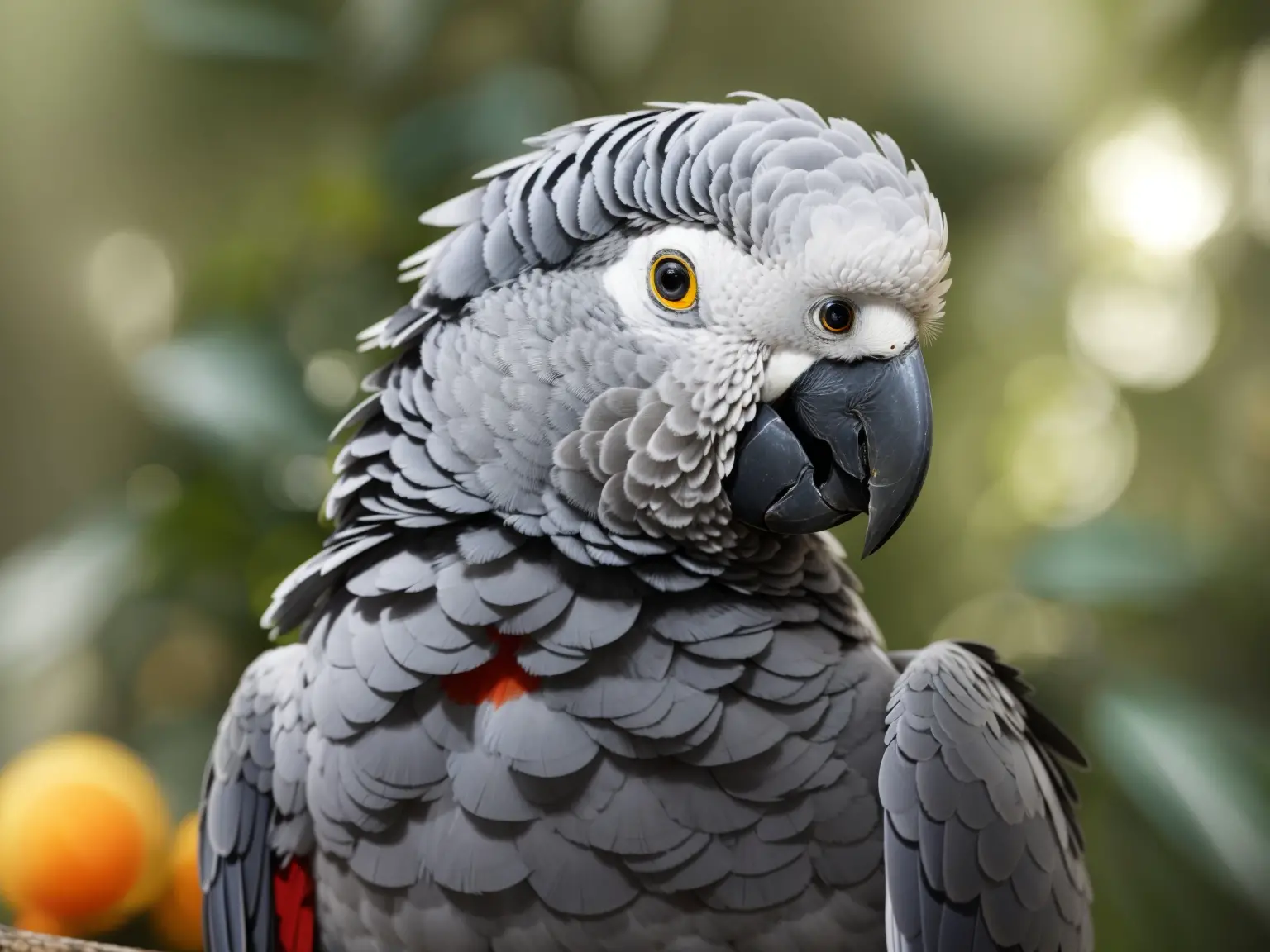
Should I be concerned if my African Grey parrot refuses to eat?
If your African Grey parrot refuses to eat, it is definitely a cause for concern. Parrots are notorious for hiding signs of illness, and a loss of appetite can be an indication of an underlying health issue.
It’s important to monitor your parrot closely and seek veterinary care if the refusal to eat persists or is accompanied by other concerning symptoms.
Proper nutrition is vital for your parrot’s overall health and wellbeing, so any changes in appetite should not be ignored.
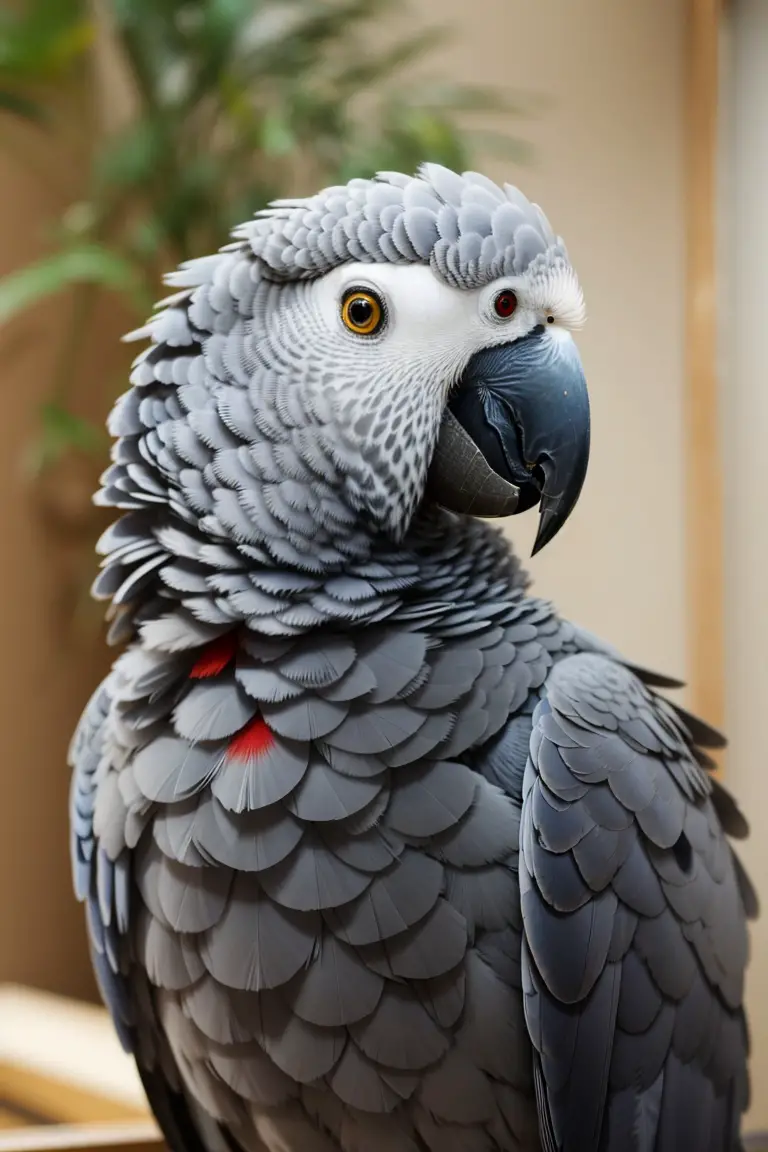
Final Verdict
While African Grey parrots have the ability to go without food for some time, it is crucial to provide them with a balanced and nutritious diet to ensure their health and wellbeing.
Their natural feeding habits and various factors can influence how long they can go without food.
Signs of hunger or malnutrition should not be ignored, and seeking veterinary care is essential if your parrot is malnourished.
By designing a healthy diet, offering recommended foods, and providing fresh water, you can meet your African Grey parrot’s nutritional needs and prevent potential health problems.

